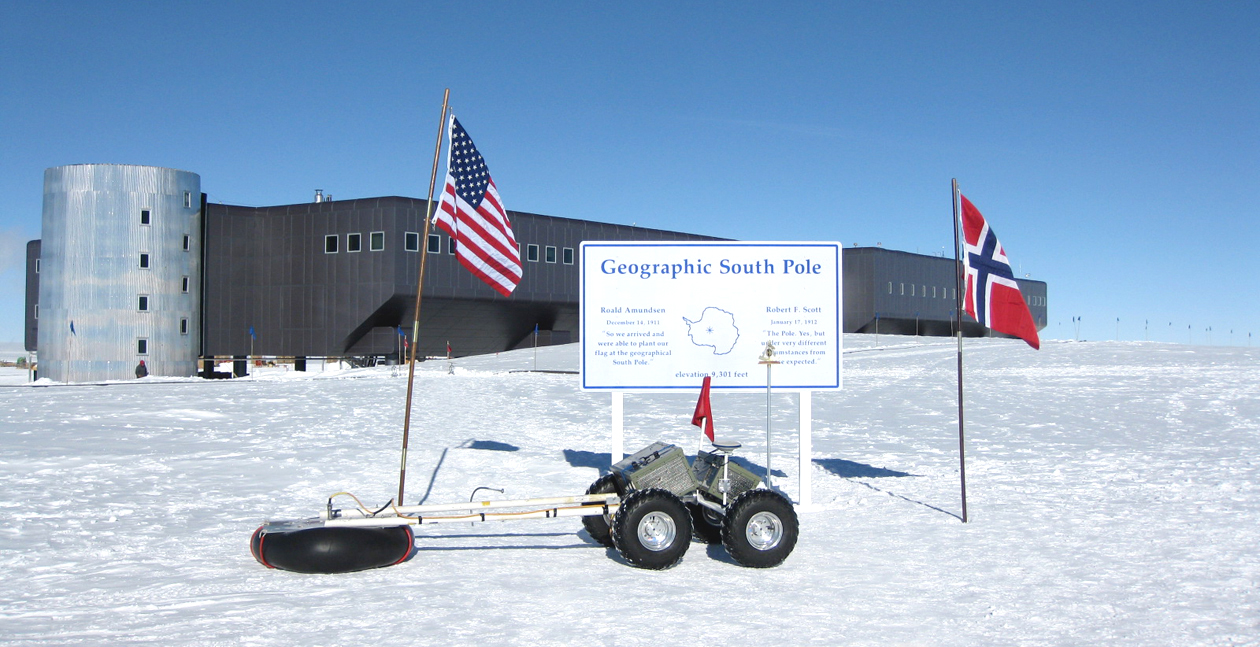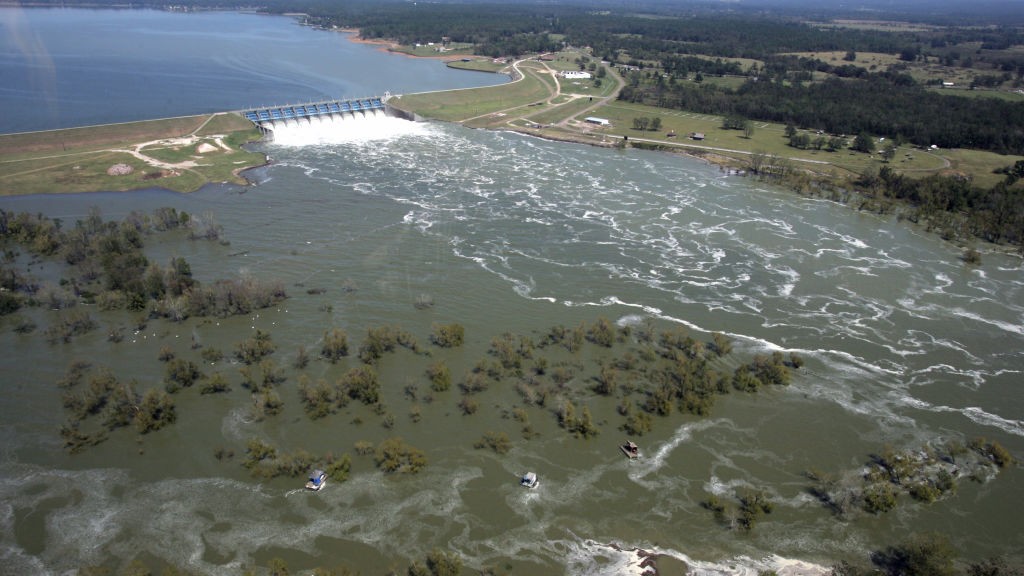Antarctic Science Shutdown Leaves Workers Hanging

The shutdown of this year's U.S. Antarctic research season hurts thousands of scientists around the world. But the battalion of workers who keep the research operation running smoothly will also suffer.
Most are contractors for private firms, such as Lockheed Martin. As the National Science Foundation (NSF) announced on Oct. 8, the majority of these employees, who staff the three U.S. Antarctica stations, will be sent home because of the government shutdown. The bases will shift to skeleton crews, the same as during the winter season.
A massive logistical effort is now underway to transfer several hundred people from Antarctica to New Zealand and Chile via plane and ship, then back to the United States. Judith Gan, an NSF spokeswoman, told LiveScience she could not say how many people were in Antarctica or how many would be brought back, or at what cost. (The U.S. Antarctica program also has staff in New Zealand and Chile; no word on whether they're coming home, too.)
After the announcement, workers in Antarctica took to social media to voice their disappointment and discontent with the government shutdown.
"I'm really quite disappointed in the small section of the government who is responsible for this all. Not just for how it affects me here in Antarctica but how it affects everything," wrote blogger frostyfoot, who is at Palmer station. The small research station is on Anvers Island, where the tip of the Antarctic Peninsula stretches toward Chile.
Some of the returning workers may not have homes to return to. Expecting to spend several months in Antarctica, many "polies" sublet their houses or give up their apartment leases.
The financial blow is worse. No one has yet answered whether the seasonal contracts will be paid in full when workers return home, or if they'll receive unemployment benefits.
Get the world’s most fascinating discoveries delivered straight to your inbox.
"For many of us, losing this job, this season, will decimate us financially. Some of us live season to season on our paychecks," polar contractor Genevieve wrote on her blog.
For the Antarctica crew, a thousand questions remain, another blogger wrote.
"When is the resupply boat going to make another trip down? What will happen if Congress un-sticks itself and money comes back in? Will the other support people be brought back? How many science personnel could return? How will we interact with the planned cruise ship visits over the summer? When will we get to leave, and how?" asked blogger Tsaven, who is also at Palmer station. "It's all a perfect example of the ancient Chinese blessing/curse: May you live in interesting times," he wrote.
Email Becky Oskin or follow her @beckyoskin. Follow us @livescience, Facebook & Google+. Original article on LiveScience.

 Live Science Plus
Live Science Plus





